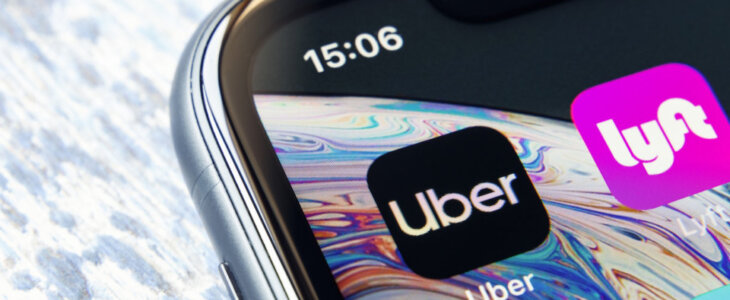Rideshare programs have grown in popularity over the last few years, with companies like Uber and Lyft leading the way. But as increasing numbers of people turn to these alternative modes of transportation, the number of accidents has also gone up. Uber and Lyft have done what they can to shift liability for accidents to their drivers. However, there are cases in which these and other rideshare companies can be held responsible.
Is the individual driver or the rideshare company responsible for your accident?
It makes a huge difference whether an injured motorist or passenger can seek compensation from a rideshare company or if their claims will be limited to the individual driver’s negligence. A driver will have far fewer assets available to compensate you for your injuries compared to a corporation like Uber or Lyft. These companies know this, which is why they have tried to categorize their drivers as independent contractors.
Fortunately, reforms adopted by local and state governments as well as the rideshare programs have changed this. An injured individual – whether it’s a passenger or a third party motorist hurt by one of their drivers – can hold the company liable in some cases. Uber and Lyft carry liability insurance policies for drivers in the event of an injury. When the accident takes place will have an impact on how the insurance works.
When is the driver responsible?
Rideshare companies rely on apps. A driver who is ready to pick up a passenger, and a passenger who is ready to take a ride, will use the Uber or Lyft app to schedule a trip. And that app will play a big role in who foots the bill for an accident.
If the accident happens when the Uber or Lyft driver is not logged onto the rideshare app, then the individual driver is responsible. This is the case even if the accident happens in or because of the very same vehicle that the driver uses. Uber and Lyft don’t own vehicles but rely upon drivers using their own private cars. So if the driver isn’t even logged onto the rideshare app at the time of the accident, then the liability rests with the motorist just as it would in any other accident.
Liability and Ridesharing Company Insurance Policies
Sometimes drivers are logged onto Uber or Lyft but have not yet accepted any rides. Drivers will cruise their usual routes waiting for someone to select them but will need to be logged onto the app to do so. If an accident happens in this scenario, then the Uber or Lyft insurance policy will provide the following coverage:
- $50,000 in bodily injury liability
- $100,000 in total injury liability
- $25,000 for property damage
If the driver was logged onto the rideshare app and accepted a ride – which means the driver either had a passenger in their vehicle at the time of the accident or was on the way to pick one up – Uber or Lyft’s insurance will provide $1 million in liability coverage.
This insurance sounds good, but it doesn’t mean Uber, Lyft, or their insurance companies will readily payout after an accident. You can count on them disputing your claims to avoid responsibility. For example, Uber or Lyft might argue that the accident occurred while the driver was not logged onto the app, which means they would have zero liability. Who can you turn to if they try to say this?
Turn to Our Chicago Ridesharing Accident Attorney
If you were in an Uber, Lyft, or other rideshare accident, getting the facts right is key to recovering from your injuries. Count on the Chicago personal injury attorneys of Hale & Monico to fight for you.

